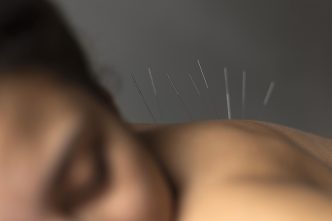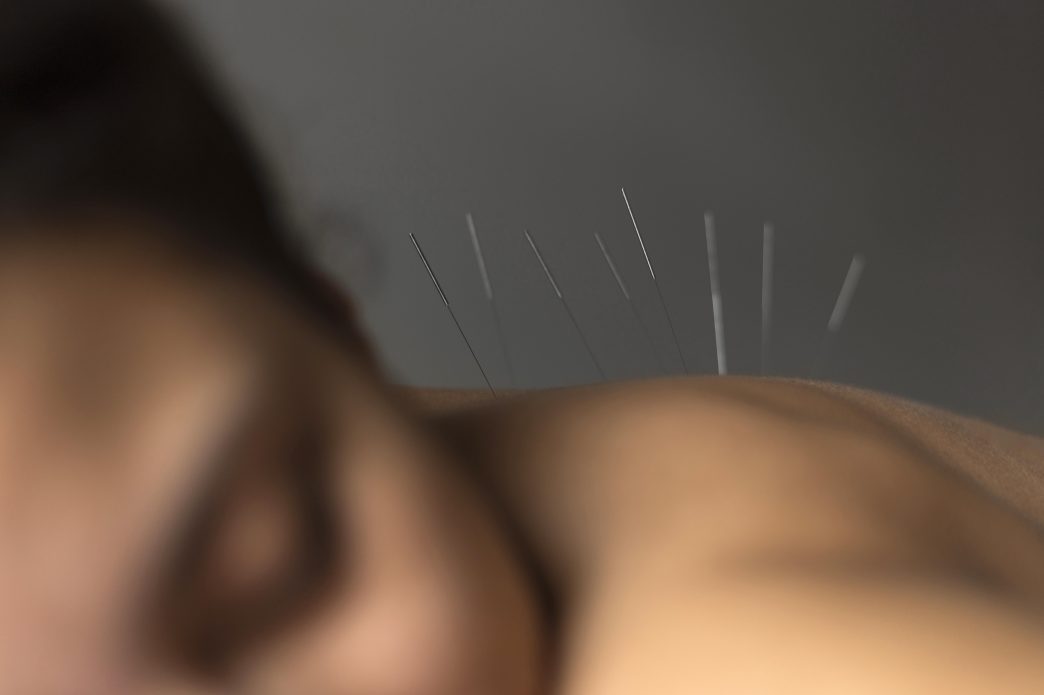Once rooted firmly in ancient Chinese medicine, acupuncture— the practice of inserting fine needles into specific points on the body— is now being carefully examined by modern science. Traditionally believed to balance the body’s energy flow, or “meridians,” acupuncture has long been associated with healing and wellness. But as interest in integrative medicine continues to grow, researchers are digging deeper to determine how effective acupuncture truly is— and in which cases it might offer real benefits.
What Is Acupuncture?
Acupuncture involves the strategic placement of thin needles into designated points across the body. In traditional Chinese medicine (TCM), these points are thought to influence the body’s life force, or “qi.” Modern interpretations, however, often rely on physiological and neurological explanations. Scientific theories suggest that the needles stimulate nerve endings, increase blood flow, and trigger the release of natural painkillers like endorphins— potentially easing pain and promoting healing.
What Does the Research Say?
The scientific community has produced mixed results when it comes to acupuncture’s effectiveness. Here’s what current studies show in several key areas:
1. Chronic Pain Relief
This is the area where acupuncture has received the most scientific support. Multiple meta-analyses have shown it can help relieve chronic pain— including back pain, neck pain, osteoarthritis, and migraines— and that it performs better than a placebo in many cases. A notable study published in JAMA Internal Medicine found that acupuncture significantly reduced chronic pain compared to standard treatments.
2. Mental Health
Acupuncture has been explored as a complementary treatment for anxiety, depression, and insomnia. Some findings suggest it may help improve mood and lower anxiety levels. However, researchers emphasize the need for larger, more rigorously controlled trials to confirm these results.
3. Stroke Rehabilitation
Some evidence indicates that acupuncture might support recovery in stroke patients, particularly in improving motor functions. Still, results are inconsistent, and further high-quality studies are needed before drawing firm conclusions.
4. Chemotherapy Side Effects
Acupuncture is frequently used to alleviate nausea and vomiting caused by chemotherapy. The World Health Organization (WHO) recognizes its role as a supportive therapy in oncology, although it should not be seen as a replacement for conventional treatments.
5. Fertility and Reproductive Health
Acupuncture has also gained popularity as a complementary therapy in treating infertility and enhancing outcomes in in vitro fertilization (IVF). While some studies suggest it may have beneficial effects, the scientific community has yet to reach a consensus.
Scientific Critiques and Limitations
Despite promising results in some areas, acupuncture has its skeptics. Some researchers argue that the benefits may largely stem from the placebo effect. In studies where patients received “sham” acupuncture (needles placed in non-traditional points), similar improvements were often reported, blurring the lines between real and perceived effectiveness.
Moreover, the quality of acupuncture research varies significantly. Many studies have small sample sizes, lack rigorous controls, or suffer from biases, making it difficult to draw definitive conclusions.
Benefits and Risks
When performed by qualified practitioners, acupuncture is generally considered safe. The needles used are sterile and single-use, minimizing the risk of infection. Most side effects—such as minor bruising or soreness at the insertion site—are mild and short-lived.
However, acupuncture should never replace proven medical treatments, especially in serious health conditions. Instead, it may be most effective as part of a broader, integrative care approach—always with guidance from a healthcare professional.
Final Thoughts
With its centuries-long legacy and growing attention in Western healthcare, acupuncture is an intriguing blend of ancient wisdom and modern inquiry. While science backs its effectiveness in treating certain types of pain and supportive care scenarios, questions remain about how it works and how far its benefits extend.
For those considering acupuncture, the best course of action is to consult with a licensed practitioner and discuss it as part of a well-rounded treatment plan. Used responsibly, acupuncture offers a low-risk, potentially valuable addition to conventional medicine— but like any therapy, it should be approached with both curiosity and caution.
Photos: Freepik
















